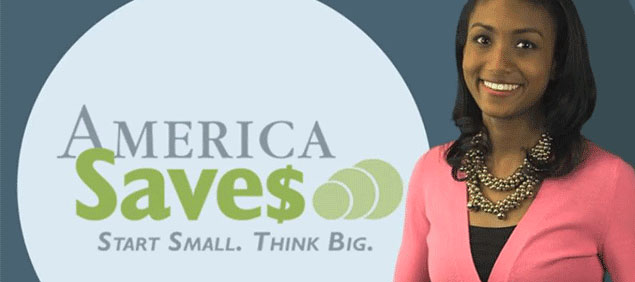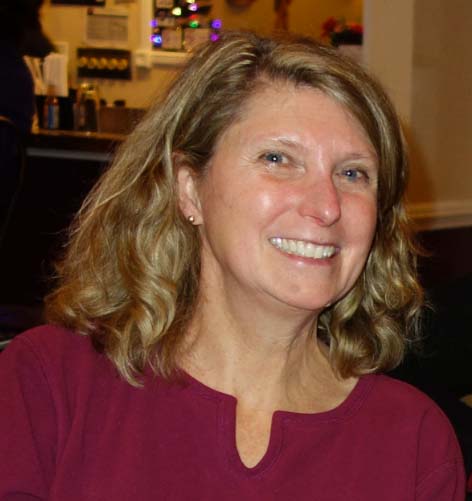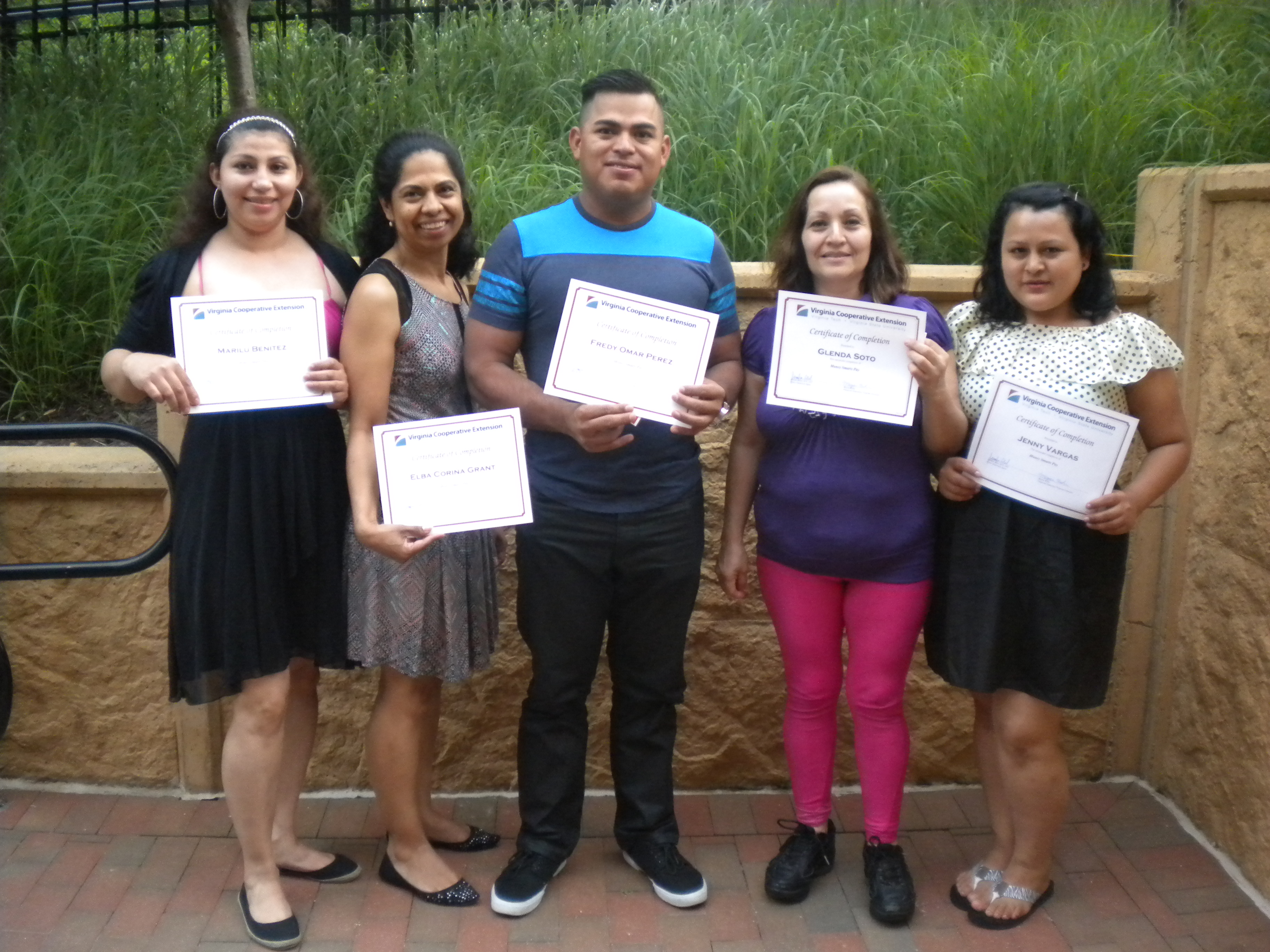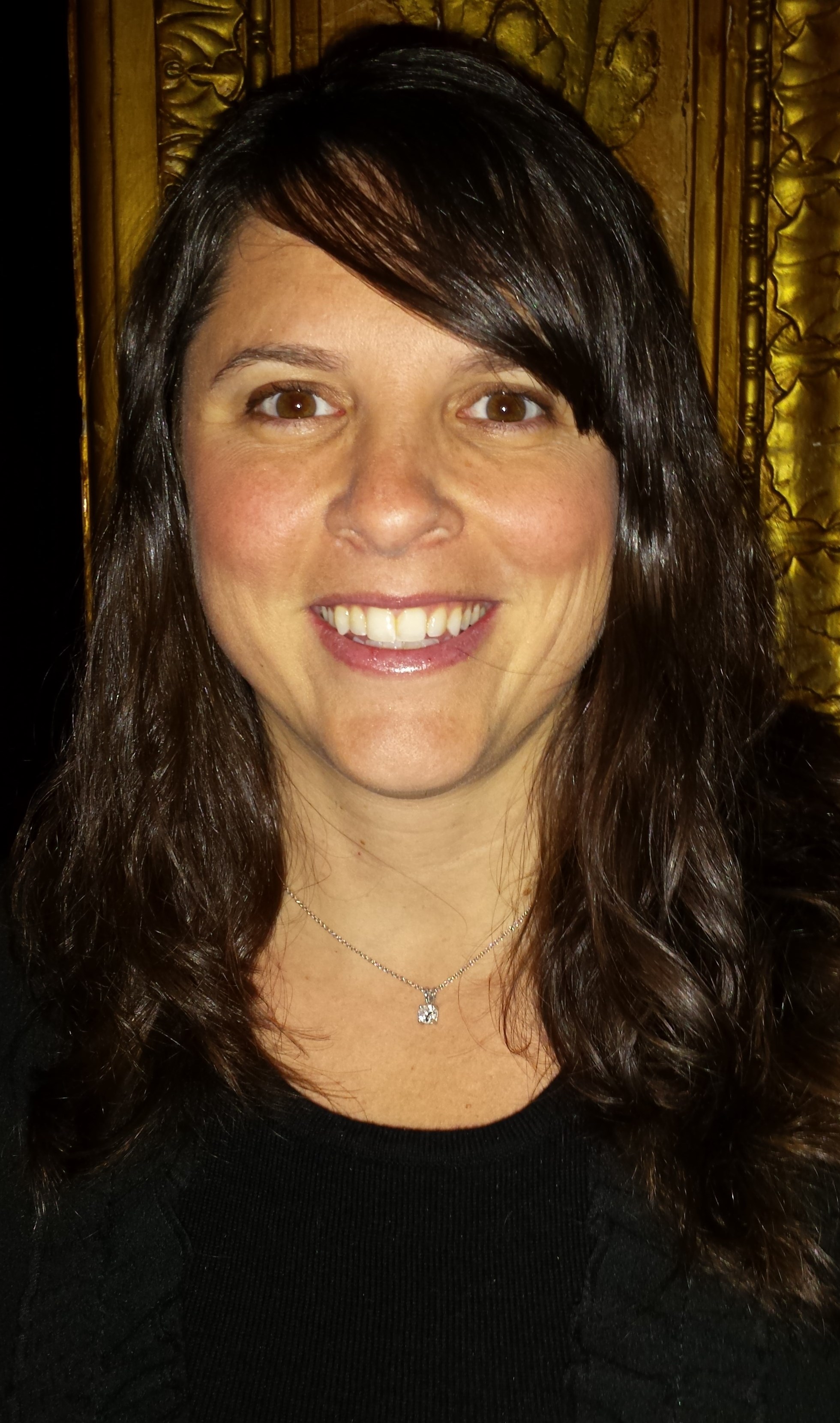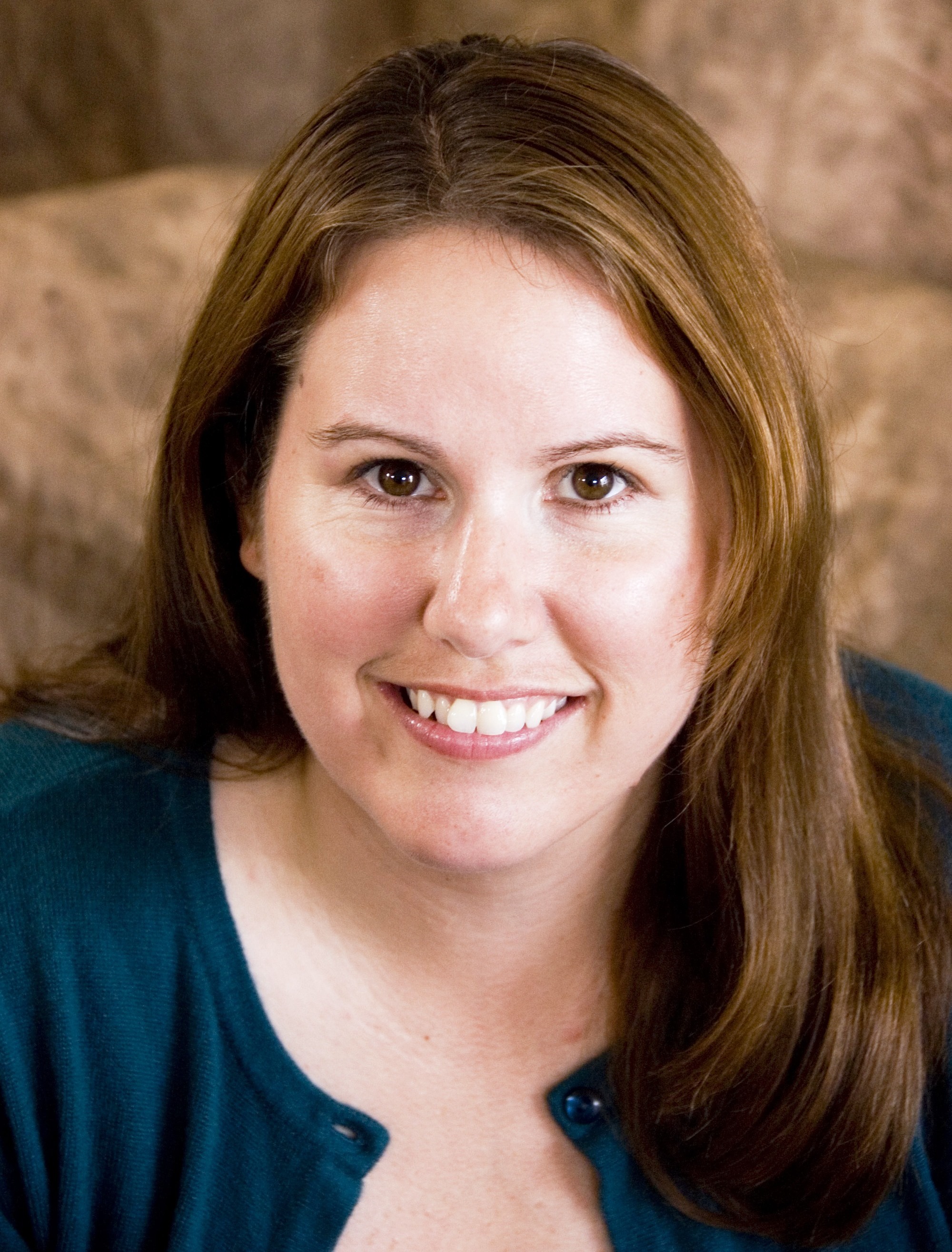By Lauren Chaplin, Master Financial Education Volunteer
I’ll start next month. I’ll wait until Monday to change. You have heard these phrases before and, quite possibly, said them yourself. Whether it is related to diet, exercise or a bad habit, people have the tendency to put off making a change.
However, making a financial change that offers some great teaching moments for your family should never be put on hold. Here are five simple steps to help get your family saving today.
- Use cash instead of plastic (this means debit cards, too)
Many financial experts advocate using cash over plastic when it comes to every day spending. My own children understand that the plastic rectangle I carry around seems to get them what they want. There’s a misunderstanding about the transaction. A disconnect. Using cash will help your children understand that money is actually being spent. Also, if you are using cash instead of a credit card, you will not get hit with the costs associated with using plastic (interest, annual charge, a dreaded overdraft fee). So, find a system that works for you, and stick to it!
- Set a savings goal
When saving for life’s special events, write down your financial goals—whether it be a weekend outing, vacation, new big purchase or paying off a debt—and display it in your house. Explain these goals to your children, and get everyone on board! Our family is currently saving for a trip to Disney World. My children know that whatever change I have in my wallet at the end of the week goes into the change counter. And now, our kids are little money monsters who look for change to save in parking lots! Here are some resources to get you started.
- Budget
This idea takes some work, but start off small. Get together as a family about a week before the beginning of the month and discuss what sort of items or events need to be fit into the budget for the next month (i.e., back-to-school supplies, birthdays/holidays, sports/extra-curricular activities, etc.). These meetings will jumpstart your family’s discussion of needs versus wants. (“But mom, I need those new sneakers.” “Really? You need them?”). You may need to make adjustments to your household spending plan (here’s a sample worksheet) in order to prevent overspending.
- Have Your Children Save For Something
This step is really geared towards your children. For many children, having money may feel like it’s burning a hole in their pockets. But starting in the early years, helping your children set a goal, keeping them on track and even making an agreement with them (“If you save half of what you need, I’ll give you the rest.”) can help your children learn how to make good financial decisions.
- Allowance (the hot button topic)
I personally believe in giving allowances for a couple of reasons: 1. Allowances help children develop work ethic and 2. When someone works for their money, they may not be as free in spending it as they would if they were just given it.
While giving an allowance is not for everyone, try to find a way to allow your child to work for some of the things they want rather than always giving it to them.
These tips will help your family learn the value of saving and making good financial choices together—lessons that will last a lifetime.

